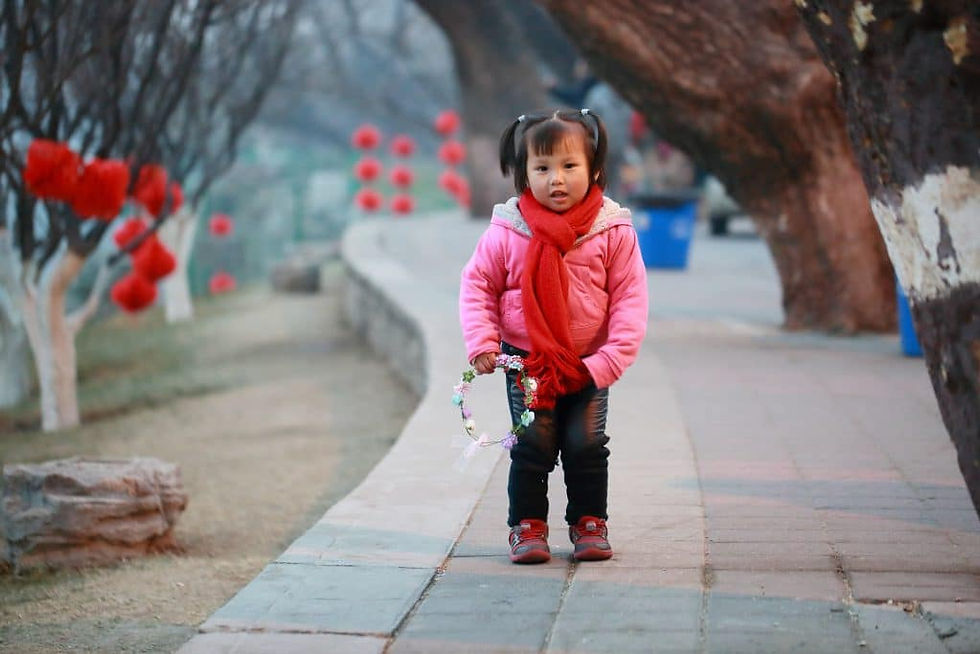I used to hate being Chinese.
- Rainey Guo
- Mar 28, 2018
- 3 min read
I was born as a first generation Canadian in Toronto, Ontario, to a family of recent immigrants from Hong Kong. Growing up in Markham, Ontario, a small city with a large Asian population, I was exposed to a generous amount of Chinese culture. Perhaps expose isn’t the right word, as it serves a fairly negative connotation – I was introduced to a generous amount of Chinese culture from a very young age, and at the time, I loved it.

My favourite was Chinese New Year – as a kid, it wasn’t about the money, but rather the traditions of pouring tea for family and wishing them well. The cute Chinese dresses my mom would pick for me were a bonus. I looked forward to putting them on for morning dim sum with the family, to driving to my uncle’s house in North York, and to drinking copious amounts to Tie Guan Yin (Iron Goddess) tea. It was a tradition engraved deep into my heart.
As I grew older, I became increasingly immersed in Western culture. Now this wasn’t necessarily a bad thing – the only thing unfortunate about this is that I began to push myself away from Chinese culture. I stopped looking forward to the Chinese New Year traditions; I didn’t enjoy the things that I used to anymore – dim sum, Hong Kong cafes, TVB dramas – and I stopped embracing my culture.

High school was a popularity contest – and in my experience, the popular kids were always Caucasian. I, a preteen who watched way too many Disney Channel shows, had a preconceived idea of how high school was supposed to be like. And so I tried to achieve that version of high school by playing my cards right. Despite being a teaching assistant at Chinese school at the time, I disassociated myself from Chinese culture and essentially hid a huge part of my life. I wasn’t as excited to share my knowledge on Chinese characters and traditions as I was in elementary school, and my number of Asian friends decreased significantly. I didn’t fit in – I wasn’t “Asian enough” for the Asians, and I wasn’t “white-washed enough” for the Caucasians.
But I wanted to fit in. I learned what I could and could not talk about in certain situations around different groups of people. I was a floater that got along with most cliques, and I liked it that way. But when I got too close to one of the popular groups, I realized how much of my life I was straying away from, and it didn’t feel right anymore.

I graduated with some of the most impactful and important people in my life. But when I came to Western University, I was alone. That’s when I found the Chinese Students’ Association, a long-standing community of like-minded individuals.
I couldn’t imagine my university experience without CSA – it has genuinely changed my life for the better. I am happier than ever before and I am unapologetically comfortable with being exactly who I am around my friends. I’ve learned to embrace my roots with friends of similar upbringings, and I enjoy frequenting spots such as Hong Kong cafes and bubble tea shops now more than ever.

Today, I love who I am. And it’s all thanks for my friends, family, and CSA.
.png)
%20(1).png)



Comments